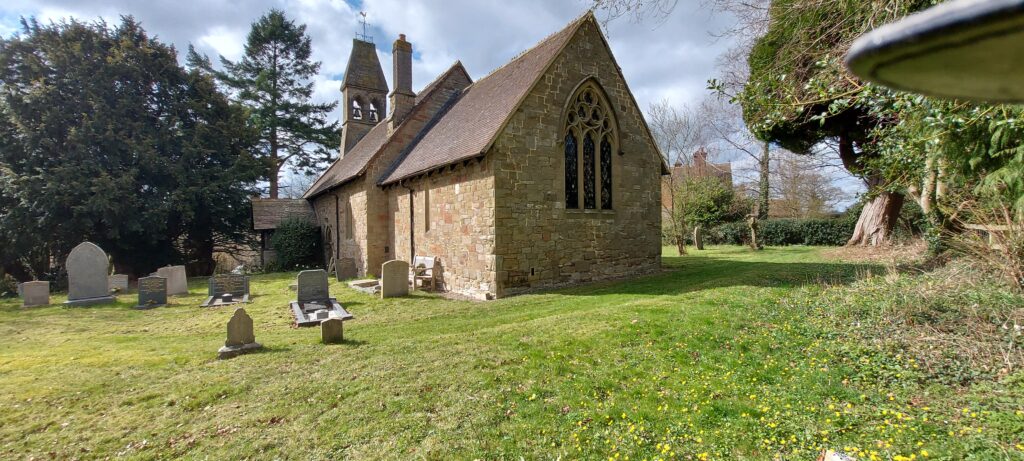
As I said morning prayer today, I was pleased to find that one of the Bible passages re-acquainted me with two of my favourite characters from the Old Testament; Bezalel and Oholiab. I first came across these around 15 years ago, in the farewell sermon of a previous vicar of Highley, Clive Williams. They were not great prophets, priests or lawgivers; they were not fearsome warriors or might smiters. They were craftsmen; Bezalel was a wood and metal worker, Oholiab was a weaver and embroiderer. In the story in the book of Exodus, they were chosen to work on the tabernacle; the tent in which the people of Israel believed that God would dwell in when they themselves were nomads, wandering in the wilderness of Sinai. As many will know, my father was an accomplished wood worker and I read this passage at his funeral. I have inherited from him his enthusiasm for wood working, his workshop and tools, but sadly not his skill. No matter, the fact that I need to use screws and glue to hold things where he could rely simply on joints simply increases my admiration of real craft workers. There is something uplifting about admiring finely crafted work; indeed there is something uplifting simply about trying yourself, as my colleague Angie Foster (soon to be a Rev) will testify. I would suggest that these activities can be spiritually uplifting, as we appreciate skill and beauty and perhaps get a glimpse of the source of all beauty.







